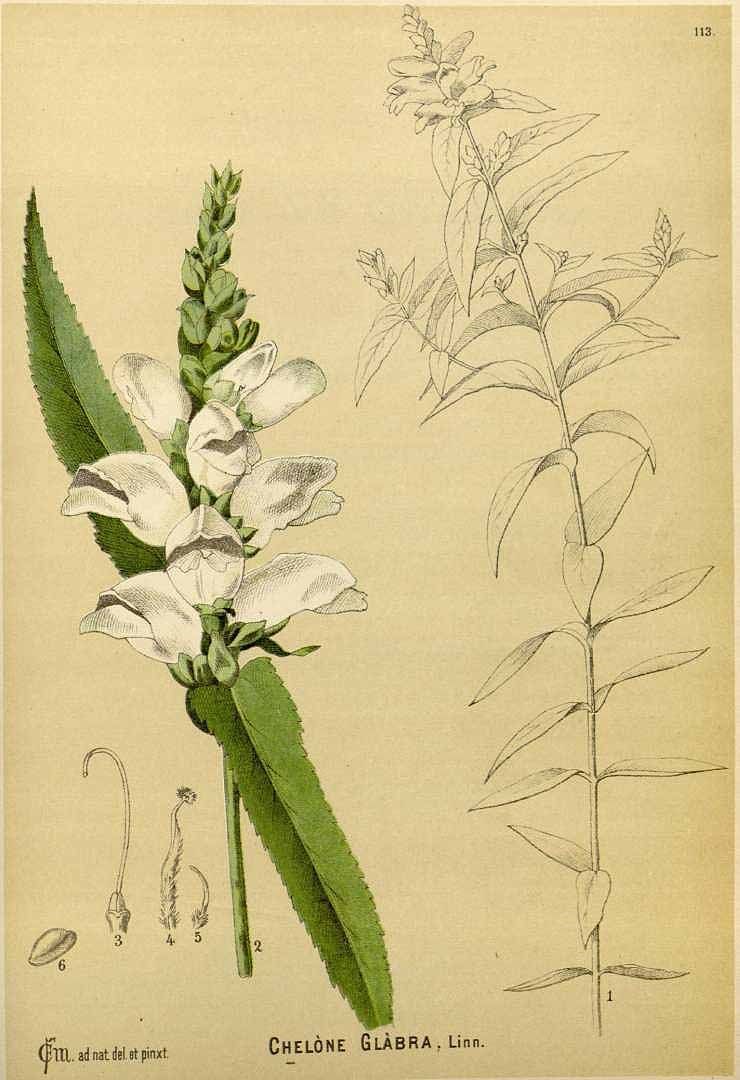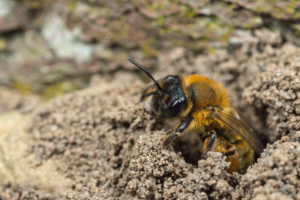En anglais seulement
It is Spring, that wondrous time of year that nature wakes up. My east windows are full of seedlings (vegetables, herbs, and native flowers) waiting to be transplanted in the garden. The crocuses are blooming, and the tulips leaves promise a soon-to be wondrous display. It makes me happy.
I love fresh air, open windows, and doors. I love to hear the birds. Except there are fewer every year and I have no choice but to listen to an incessant suburban buzz! Not a bee buzz, but lawnmowers. Think about the noise and air pollution we cause when we mow, trim and blow. Emissions from (fossil-fuelled) mowers, blowers, and trimmers are an important source of toxic and carcinogenic exhaust and fine particulate matter (EPA). Toxic pesticides and fertilizers… we cannot keep on using these, knowing how much we harm the environment (and ourselves).
 |  |  |
Our District- wide efforts to promote urban biodiversity (Less lawns and lights) is ramping up again.
Lawns. Mow less, plant more native plants! Why? There are over 800 species of native ground and twig nesting bees in Canada. Most of these bee species live a solitary life and are not at all aggressive! Native bees visit and pollinate many crops; in many cases they are better at transferring pollen than honeybees. Our native bees can be encouraged to do more to support agricultural endeavors if their needs for nesting habitat are met and if suitable sources of nectar, pollen, and water are provided. Native bees visit the widest range of flowers and crops of any pollinator group. Bumble bees form small colonies, usually underground making use of old chipmunk burrows or dense thatches. They are generalists, feeding on a wide range of plant types from May to September and are important pollinators of tomatoes and blueberries.
Mowing destroys their overwinter nests. It is as simple as that. When they emerge, it would be nice to find some native flowers close by for an after-winter snack! The argument that taller grass hosts more ticks is an urban legend. There is no science backing this. Studies show that it makes no difference to the tick count. Tall or short. If there are carriers (like deer), ticks will find a foothold.
Plant Native Species: Right now, you can start prepping soil (suffocate some lawn with cardboard and mulch - not the dyed kind!) for planting of native flowers! Ask your local Master gardeners for advice, like Rotarians, they are volunteers!
“In the past, we have asked one thing of our gardens: that they be pretty. Now they have to support life, sequester carbon, feed pollinators, and manage water.” Doug Tallamy.
Put your Lawn Signs up! They will be available at PETS, DisCon and from mid-April (Club coordinators or presidents can email elsabe@falkon.ca).
Lights outside – Birds and bugs are in decline! This past October, in one night in Chicago, more than 1000 small birds died. They were migrating from Canada and collided into a lighted high-rise building. Insects, in the natural world, orient themselves according to the moon. Electric light bulbs only became common about 150 years ago and we created a world of lights that many bugs simply aren’t equipped to deal with. Light Pollution Reduces Insect Populations. It is essential to turn off outside lights during the first two weeks of May (and in the fall) when birds migrate. Rotarians can approach their city councillors and ask them to support this! Also, replace outside lights with motion sensor yellow bug–friendly lights. A white outside lights kills thousands of bugs that were supposed to feed birds.
We have lost so many species already. Together Rotarians can help heal the earth!